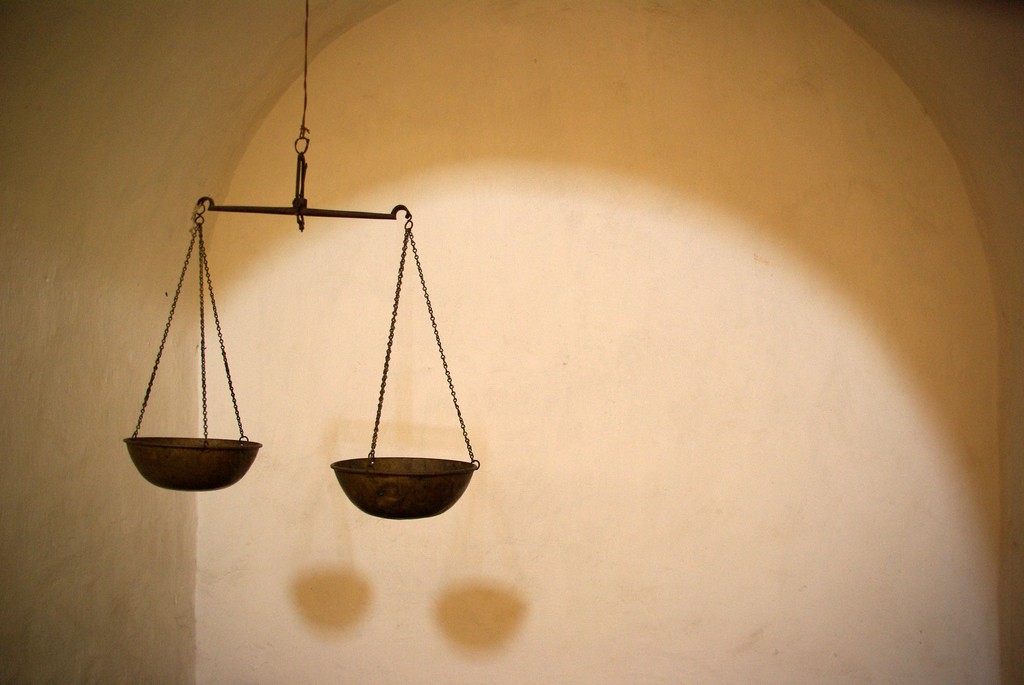Paying Off Debt vs. Saving for Emergencies

Michelle Singletary answers a question that I’m sure many of us have asked: How do you balance saving with paying down debt? A solid response:
Readers often ask whether they should save or pay down debt. You need to do both. If you have no savings and an emergency comes up, you’ll likely push yourself further into debt trying to resolve that financial crisis. But at some point when you have a solid savings balance, which this person has, you can stop saving and focus on paying down the debt.
If you have job security, or as good as that can be these days, I’m okay with taking a significant amount of the emergency-savings money and finishing off the debt. But once the debt is erased, immediately go back to building up the emergency pot using the money you had been devoting to your loan.
I would add that we each have a unique set of circumstances, and having cash savings for emergency purposes is more critical for some people than it is for others. For example, someone who rents can break her lease and move in with roommates or friends or relatives during a financial emergency and drastically reduce her expenses, but it would be more difficult for a homeowner to ditch her mortgage. What this means is that our emergency savings goals are often contingent upon the emergency plans available to us, and we prioritize accordingly. I know that I’m fortunate to have people in my life who would jump up to help and offer me their spare rooms or couches if things ever get really dire.
Photo: Procsilas Moscas
Support The Billfold
The Billfold continues to exist thanks to support from our readers. Help us continue to do our work by making a monthly pledge on Patreon or a one-time-only contribution through PayPal.
Comments